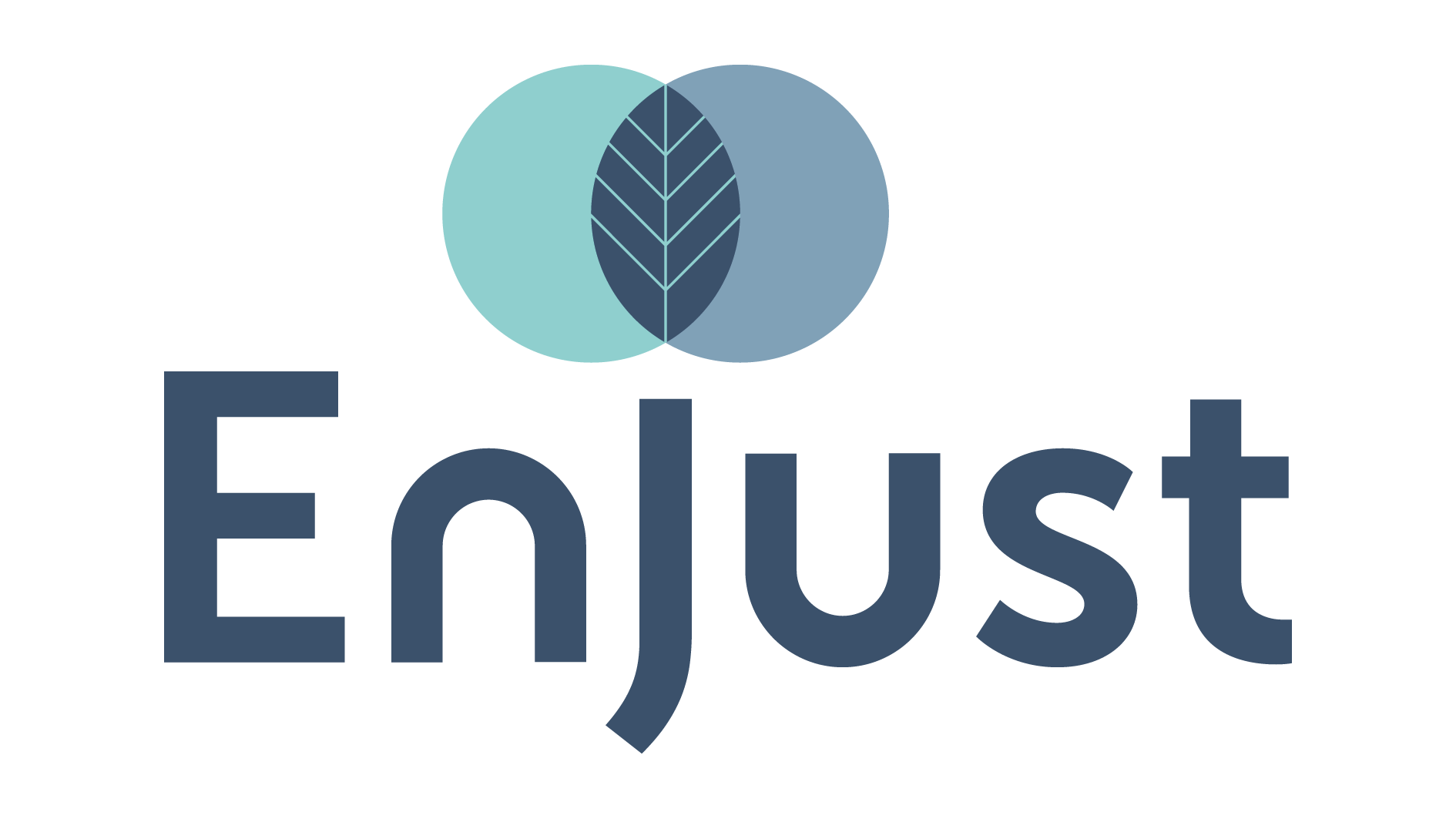There is much talk about transdisciplinary work. Particularly when it comes to environmental toxicities and hazards that typically affect groups already considered to be vulnerable, transdisciplinary approaches are useful in the pursuit of environmental justice. Through collaborative and joint efforts, environmental problems can be addressed at local, situated and multi-scale levels by integrating diverse stakeholders into research and solution-finding.
But what does this mouthful ‘transdisciplinarity’ mean in practice? Where should we start exploring, and where can we learn from others’ successes or mistakes? We see transdisciplinary modes as a particularly valuable way of working towards environmental justice, but we believe the idea and methods need thoughtful and critical engagement. We also believe that transdisciplinarity is not the only potential way in which to strive for a liveable future. This form of collaboration may not always fit your context, or it may harbour too many political risks.
Generated by the Enjust working group on transdisciplinarity, the following resources are meant to support you in this exploration. Members of the group are: Judith Bopp, Jeanne Féaux de la Croix, Kathrin Eitel, Mennatullah Hendawy, Yvonne Kunz, Julia Rawlins and Juliane Schumacher. There are different ways of defining transdisciplinary practice. We understand it here as:
“…a reflexive research approach that addresses societal problems by means of interdisciplinary collaboration as well as the collaboration between researchers and extra-scientific actors; its aim is to enable mutual learning processes between science and society; integration is the main cognitive challenge of the research process.” (Source: Jahn, T., Bergmann, M. & Keil, F. (2012). Transdisciplinarity: Between mainstreaming and marginalization. Ecological Economics, 79, 1-10.)
Click here to get to the transdiciplinary resource section.
TD Peer-Coaching series
Dear colleagues,
As the Enjust working group on Environmental Justice in Transdisciplinary Contexts, we warmly invite you to our
Peer-coaching series on the ‘sticky-bits’ (i.e. difficult moments) in transdisciplinary research collaborations.
Our ‘sticky-bits’ kick-off event at the Enjust Conference 2024 in Hamburg confirmed a strong interest among colleagues for a safe sharing and learning format on transdisciplinary practice.
Following three successful online Zoom sessions throughout 2025, the peer-coaching series on “sticky bits” in research collaboration is now entering a second round. A spring series is planned for 20 February and 23 April 2026.
Our concept:
In line with transdisciplinary ethics, we believe that everyone can bring experience or thoughtfulness to the table. So the session is aimed at academic and non-academic participants who would like to present their issues with a particular collaboration, or contribute to discussing other participants’ tricky situations, conflicts, moments of doubt, etc. in transdisciplinary projects. The group will practice active listening and peer-coaching in a confidential setting.
Outline of 2-hours sessions roughly as follows:
- Mutual introductions, concept on safe space ethics + definitions of transdisciplinary work
- 45-60 minutes for developing and peer-coaching the case study (break-out sessions possible)
- A general discussion at the end for take-aways and outlook.
About participation:
The session is limited to 20 participants. For better planning, please let us know via email if you’d like to participate. Please also tell us whether you wish to present your own case and to have it discussed by the group (optional!).
If you are interested in the peer-coaching sessions but cannot make it on the suggested dates, feel free to express your general interest through this short survey. It will help us discern availabilities and needs within the group, to pre-match cases with recurrent themes, your time zones for coordinating sessions, and whether you’d want to take on an active role, e.g., coaching or presenting a case. Taking on active roles is optional – there is no obligation to coach or to receive feedback on your case.
We hope to hear and see you soon! Thank you for helping us to share this invitation through your networks.
Warm regards,
Judith Bopp (judith.bopp@lmu.de)
Jeanne Féaux de la Croix (jeanne.feauxdelacroix@unibe.ch)
Juneseo Hwang (juneseo.hwang@uni-hamburg.de)

